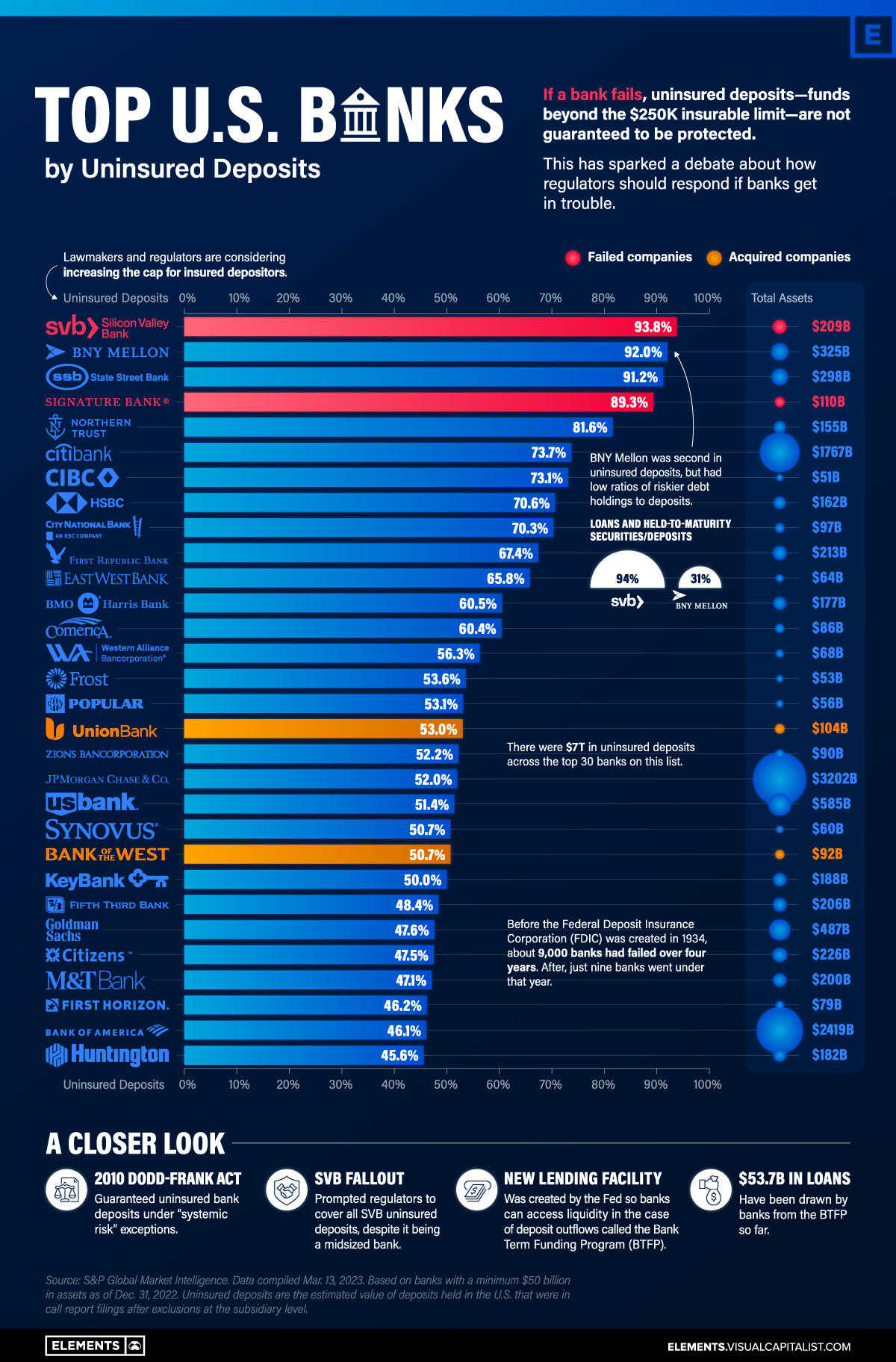The movie Field of Dreams came out the year my first son was born. If you haven't seen it, it's a fantastic movie.
Whether you’ve seen it (or not), you might want to see Charlie Epstein’s a one-man play called Yield of Dreams.
I put together a quick video on why you should watch it:
Many of the people who read my blog, or are subscribed to my newsletter, are either entrepreneurs or in the financial space. While Charlie Epstein moonlights as an actor/comedian, his day job is in financial services. He's incredibly sharp, very knowledgeable ... and yes, a little quirky.
But that quirkiness is what makes him funny - so much so that you'll be captivated long enough to gain some real value. Charlie does an excellent job teaching people how to do practical things to ensure they have enough money when they retire to live a good life.
More importantly, he helps you think about your mindsets and what you truly want, so you can live the life you've always dreamed of and deserved. And even though I didn't think I needed to learn anything new, I gained a ton of practical value – and you probably will too.
As a bonus, half of the proceeds go toward supporting vets with PTSD.
There aren't many people (or "offers") I'd feel comfortable plugging, but this is one of them. As well, many of the other people I would put in front of you (like Dan Sullivan, Peter Diamandis, and Mike Koenigs) love Charlie as much as I do.

via Yield of Dreams
So, here's the part I copied from Charlie: In this one-man show you'll discover how to
- Work less while making more than you ever have before
- Make more progress towards your dreams in one year than most people do in ten
- Step into the biggest, boldest and most confident version of yourself
- Stop worrying about money and start living your dream life
So, if any of that interests you I highly recommend you sign up. You only have a limited time to do so.


A Few Graphs On The State Of AI in 2023
Every year, Stanford puts out an AI Index1 with a massive amount of data attempting to sum up the current state of AI.
Last year it was 190 pages ... now it's 386 pages. The report details where research is going and covers current specs, ethics, policy, and more.
It is super nerdy ... yet, it's probably worth a skim. Here are some of the highlights that I shared last year.
Here are a few things that caught my eye and might help set some high-level context for you.
Growth Of AI
via 2023 AI Index Report
One thing that's very obvious to the world right now is that the AI space is growing rapidly. And it's happening in many different ways.
Over the last decade, private investment in AI has increased astronomically ... Now, we're seeing government investment increasing, and the frequency and complexity of discussion around AI is exploding as well.
A big part of this is due to the massive improvement in the quality of generative AI.
Technical Improvements in AI
This isn't the first time I've shared charts of this nature, but it's impressive to see the depth and breadth of new AI models.
For example, Minerva, a large language and multimodal model released by Google in June of 2022, used roughly 9x more training compute than GPT-3. And we can't even see the improvements already happening in 2023 like with GPT-4.
While it's important to look at the pure technical improvements, it's also worth realizing the increased creativity and applications of AI. For example, Auto-GPT takes GPT-4 and makes it almost autonomous. It can perform tasks with very little human intervention, it can self-prompt, and it has internet access & long-term and short-term memory management.
Here is an important distinction to make … We're not only getting better at creating models, but we're getting better at using them, and they are getting better at improving themselves.
All of that leads to one of the biggest shifts we're currently seeing in AI - which is the shift from academia to industry. This is the difference between thinking and doing, or promise and productive output.
Jobs In AI
In 2022, there were 32 significant industry-produced machine learning models ... compared to just 3 by academia. It's no surprise that private industry has more resources than nonprofits and academia, And now we're starting to see the benefits from that increased surge in cashflow moving into artificial intelligence, automation, and innovation.
Not only does this result in better models, but also in more jobs. The demand for AI-related skills is skyrocketing in almost every sector. On top of the demand for skills, the amount of job postings has increased significantly as well.
Currently, the U.S. is leading the charge, but there's lots of competition.
The worry is, not everyone is looking for AI-related skills to improve the world. The ethics of AI is the elephant in the room for many.
AI Ethics
via 2023 AI Index Report
The number of AI misuse incidents is skyrocketing. Since 2012, the number has increased 26 times. And it's more than just deepfakes, AI can be used for many nefarious purposes that aren't as visible.
Unfortunately, when you invent the car, you also invent the potential for car crashes ... when you 'invent' nuclear energy, you create the potential for nuclear bombs.
There are other potential negatives as well. For example, many AI systems (like cryptocurrencies) use vast amounts of energy and produce carbon. So, the ecological impact has to be taken into account as well.
Luckily, many of the best minds of today are focused on how to create bumpers to rein in AI and prevent and discourage bad actors. In 2016, only 1 law was passed focused on Artificial Intelligence ... 37 were passed last year. This is a focus not just in America, but around the globe.
Conclusion
Artificial Intelligence is inevitable. It's here, it's growing, and it's amazing.
Despite America leading the charge in A.I., we're also among the lowest in positivity about the benefits and drawbacks of these products and services. China, Saudi Arabia, and India rank the highest.
If we don't continue to lead the charge, other countries will …Which means we need to address the fears and culture around A.I. in America. The benefits outweigh the costs – but we have to account for the costs and attempt to minimize potential risks as well.
Pioneers often get arrows in their backs and blood on their shoes. But they are also the first to reach the new world.
Luckily, I think momentum is moving in the right direction. Watching my friends start to use AI-powered apps, has been rewarding as someone who has been in the space since the early '90s.
We are on the right path.
Onwards!
_____________________________________
1Nestor Maslej, Loredana Fattorini, Erik Brynjolfsson, John Etchemendy, Katrina Ligett, Terah Lyons, James Manyika, Helen Ngo, Juan Carlos Niebles, Vanessa Parli, Yoav Shoham, Russell Wald, Jack Clark, and Raymond Perrault, “The AI Index 2023 Annual Report,” AI Index Steering Committee, Institute for Human-Centered AI, Stanford University, Stanford, CA, April 2023. The AI Index 2023 Annual Report by Stanford University is licensed under
Posted at 08:59 PM in Business, Current Affairs, Gadgets, Ideas, Market Commentary, Personal Development, Science, Trading Tools, Web/Tech | Permalink | Comments (0)
Reblog (0)